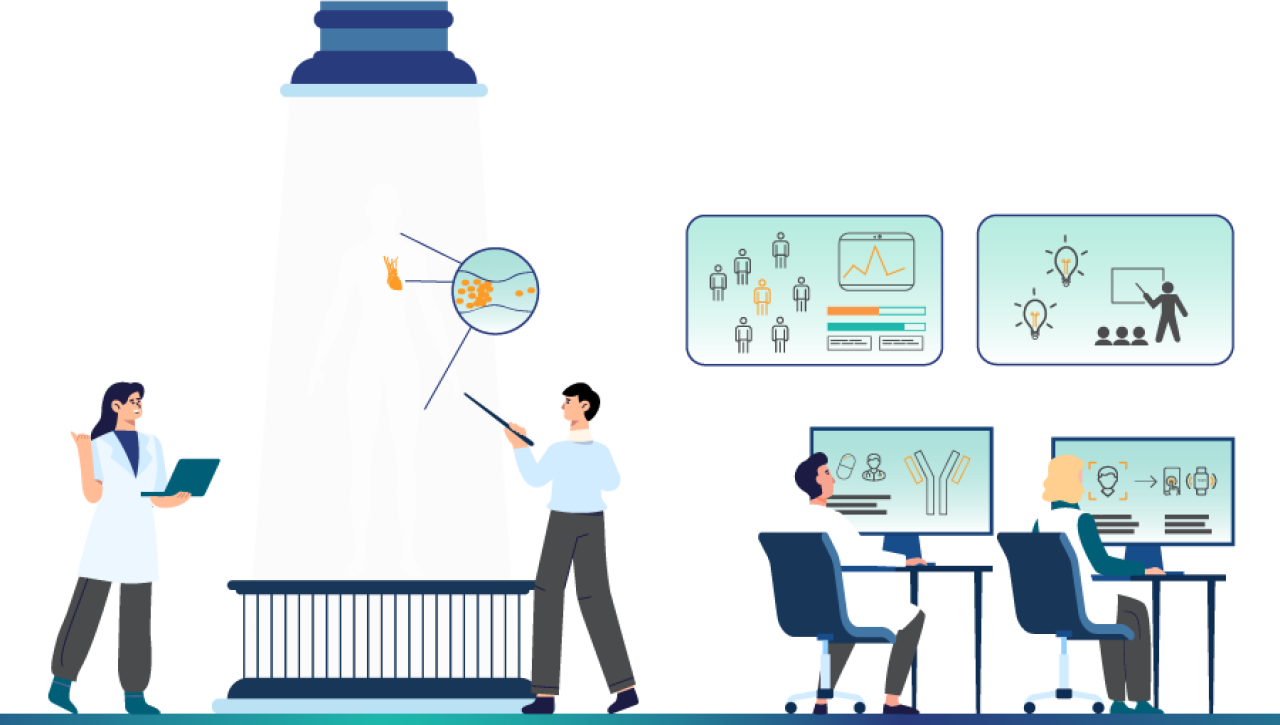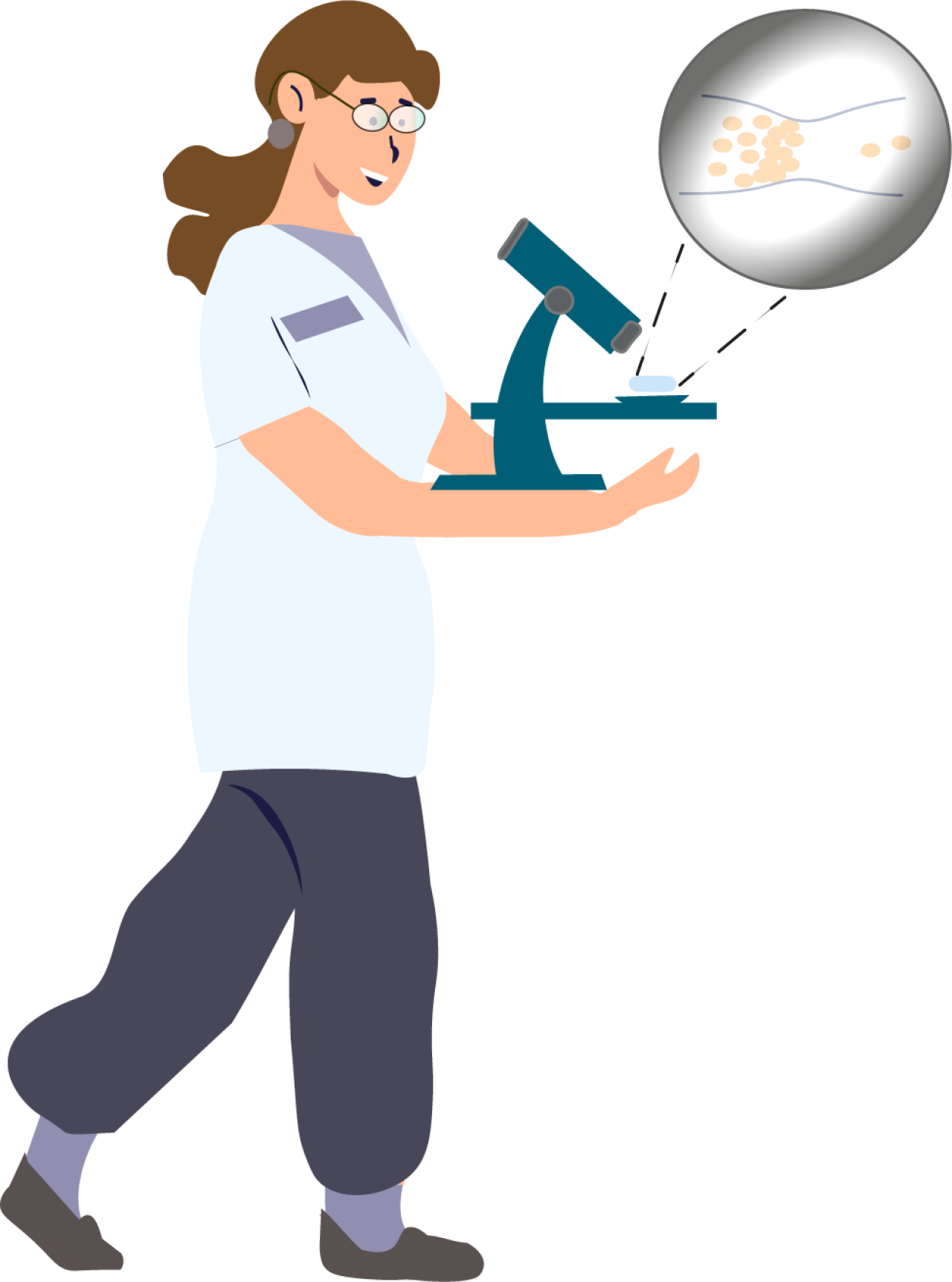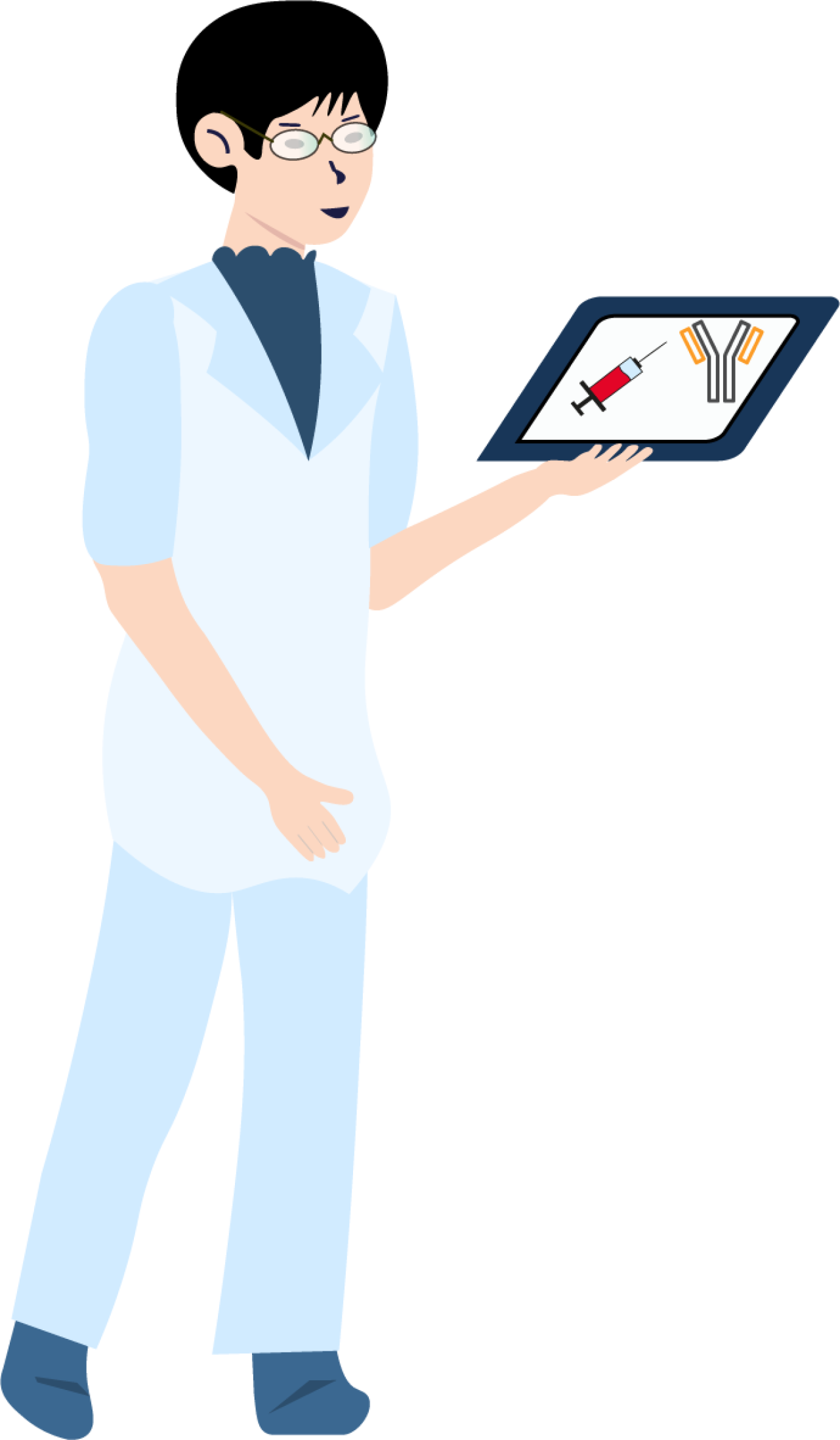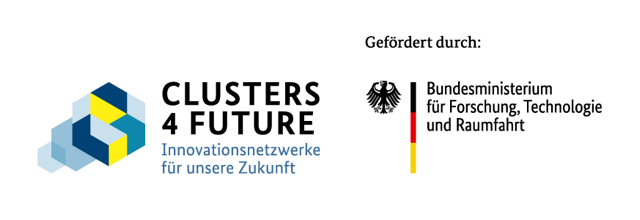The objective of curAEducate is to train future high achievers and impart specific interdisciplinary skills in the fields of AI, medicine and life sciences. Acquiring these skills will enable young scientists to analyse complex scientific issues and develop innovative solutions.
Particular emphasis is placed on creative and research-oriented thinking in order to enable participants to actively shape research with social relevance. The measure is aimed at young scientists and technical staff within the cluster as well as external committed researchers in order to gain new impetus and potential drivers of innovation for the cluster.
The curAFellow program aims to recruit talented young scientists (target group: Master's students and doctoral candidates in medicine) at an early stage of their careers for the cluster. curAFellows work on cross-project research questions for between 6 and 12 months. This enables curAFellows to establish contacts with established researchers at an early stage and reveals career options within the cluster, thereby promoting long-term commitment to curATime. In addition, the initiated projects actively promote networking between curATime projects, resulting in new scientific collaborations and innovative project ideas. To date, the curAFellow programme has initiated eight cross-project studies and recruited eight young researchers.
In addition, the projects initiated actively promote networking between curATime projects, giving rise to new scientific collaborations and innovative project ideas. To date, the curAFellow programme has initiated eight cross-project studies and recruited eight young researchers.
The curATime scientists will provide an interdisciplinary handbook about the content of the Additional Certificate courses, which is aimed at Master’s students and interested doctoral students and postdocs. In the handbook, applications at the interface of AI medicine/bioscience are explained using case studies. This handbook addresses the existing gap between the disciplines in an exemplary and user-oriented way and illustrates the medical/scientific perspective in data analyses.
An important part of the academy are the interdisciplinary learning groups formed by the young scientists themselves, which are intended to create a place for informal exchange. For technical curATime staff, an online lunch seminar series in German is organized within the Young Scientists Academy, in which the latest developments in atherothrombosis research, methodologically interesting publications and newly established technologies and methods at the partner sites are presented.
Within the curATime Young Scientists Academy, science managers benefit above all from the exchange within the training network; the Science Managers Conference organized by curATime, for example, enables them to address common challenges and develop approaches to solutions.
Researchers from different disciplines and levels of experience are working together to create a valuable knowledge transfer inside our cluster. Staff members are therefore given the opportunity to get to know other areas or sectors; e.g. within collaborative projects. In most cases, junior researchers will take over teaching in order to build up mutual competences.
In addition, exchanges for Master's students, research trips for (medical) doctoral students and postdocs as well as laboratory visits for technical staff are made possible. For any questions you are welcome to contact Dr. Cathrin Nourse: [javascript protected email address]



